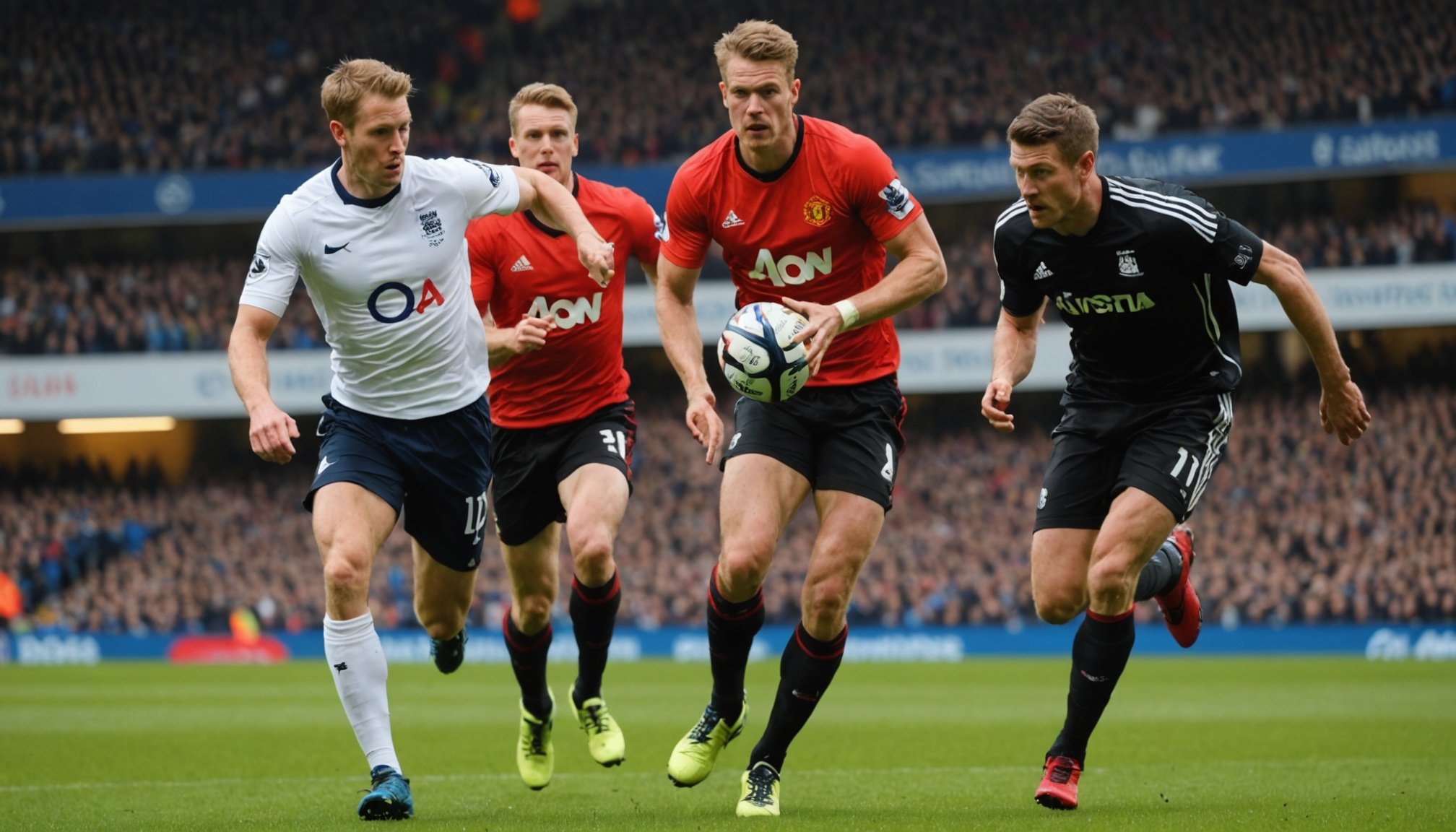Actionable Training Techniques for Niche UK Sports
Crafting sport-specific training regimens is crucial for athletes in UK niche sports seeking performance enhancement. Unlike mainstream disciplines, these sports demand tailored approaches to address unique physical and technical requirements. For example, in sports like ultimate frisbee or Gaelic football, drills focusing on agility, hand-eye coordination, and rapid directional changes build essential skills efficiently.
Conditioning programs should reflect the sport’s intensity and movement patterns. Interval training combined with plyometric exercises supports endurance and explosive power, vital for many UK niche sports. Emphasis on flexibility and injury prevention enhances longevity in competitive seasons.
This might interest you : How Do Recent Innovations in Equipment Impact the Performance of Other Sports in the UK?
The integration of technology also transforms training quality. Wearables and motion sensors enable real-time performance analytics, pinpointing weaknesses and monitoring recovery. Such data-driven insights help coaches customize plans dynamically, maximizing athlete development. For instance, GPS tracking reveals distance covered during matches, informing stamina-building strategies.
In sum, adopting specialized training techniques leveraging scientific principles and technology drives meaningful performance enhancement in UK niche sports. This allows athletes to reach higher competitive standards while minimizing injury risks.
Also to see : What Are the Health Benefits of Participating in Less Popular UK Sports?
Nutrition and Recovery Strategies for Optimal Performance
Optimal sports nutrition is crucial for athletes engaged in niche UK sports. Carefully balanced diets rich in carbohydrates, proteins, and essential fats provide the energy and tissue repair needed during intense training and competition. Hydration also plays a pivotal role, as it aids in maintaining performance and preventing fatigue. Tailoring nutrition to the specific demands of a sport and individual metabolic rates enhances results.
Effective recovery strategies complement nutrition to sustain peak performance. Protocols encompassing adequate rest, physiotherapy sessions, and periodisation of training schedules allow muscles to rebuild and reduce injury risk. Periodisation, in particular, systematically varies training intensity and volume over set cycles, aligning with competition calendars to optimize performance and recovery.
Athletes benefit greatly from local UK resources, such as sports nutritionists and physiotherapists specializing in niche disciplines. These experts provide bespoke advice, ensuring dietary plans and recovery programs meet personal and sport-specific needs. Collaborating with professionals enhances adherence to recovery protocols, making a tangible difference in athletic outcomes. Adopting structured nutrition and recovery practices ultimately supports sustainable, high-level sports performance.
Accessing Coaching and Development Resources in the UK
Practical pathways for athlete improvement
Finding coaching resources for less mainstream sports can feel challenging but UK sport organizations offer targeted support. Specialized coaching is often available through local or national associations dedicated to specific disciplines. These bodies provide tailored training programmes, workshops, and expert guidance that directly contribute to athlete development.
UK-based organisations such as Sport England, UK Sport, and various regional trusts play crucial roles. They create inclusive platforms connecting athletes with certified coaches and facilitate access to excellent facilities. Funding is a major aspect; many community programmes offer financial assistance or grants specifically aimed at developing talent in niche sports.
To benefit fully, athletes should explore regional sports hubs and community initiatives that often host open days or introductory sessions. Engaging with these programmes not only enhances skills but also builds valuable networks. Moreover, regular updates from official UK sport organisation websites provide information on application deadlines for scholarships and coaching clinics, maximizing development opportunities.
In summary, leveraging these structured resources helps athletes in less mainstream sports receive high-quality coaching and meaningful development support within the UK.
Learning From Athlete Success Stories in UK Niche Sports
Examining success stories of UK athletes in niche sports reveals key strategies that contribute to high performance. These athletes often adopt innovative training approaches, blending traditional techniques with advanced sports science. For example, many incorporate tailored fitness regimes that focus on both physical conditioning and mental resilience. This dual focus is essential in cultivating consistency and peak performance under pressure.
Unique challenges in niche UK sports, such as limited funding and fewer sponsorship opportunities, require athletes to be exceptionally resourceful. Some succeed by forming tight-knit communities for shared training and mutual support. Others leverage technology for remote coaching and performance analysis, overcoming geographical and logistical barriers.
Practical lessons from these athlete journeys include the importance of adaptability and persistence. They show how a personalized training plan, combined with a supportive network and proactive problem-solving, can help overcome hurdles. Such case studies are invaluable for aspiring athletes and coaches seeking inspiration and actionable insights. By analyzing these elements, one gains a comprehensive understanding of what drives success within the unique context of UK niche sports.
Building Long-term Strategies for Sustained Improvements
Sustained long-term improvement requires carefully crafted performance planning combined with strategic development. An effective plan sets clear, measurable goals that extend beyond short bursts of success, focusing instead on consistent progress over time. This approach prevents stagnation and burnout.
Mental resilience is a cornerstone in long-term success. Incorporating sports psychology techniques helps athletes maintain focus, manage stress, and bounce back from setbacks. This mental training complements physical preparation, enhancing the overall ability to perform under pressure.
Regular, periodic assessment is essential. By reviewing progress and adapting strategies, athletes and coaches ensure continued alignment with goals. Adjustments based on these evaluations address evolving strengths and weaknesses, keeping the improvement trajectory on course.
Strategic development also involves balancing intense training with recovery periods to maintain peak performance without injury. Integrating science-backed approaches enables sustainable growth rather than short-lived gains, solidifying achievements for the future.





